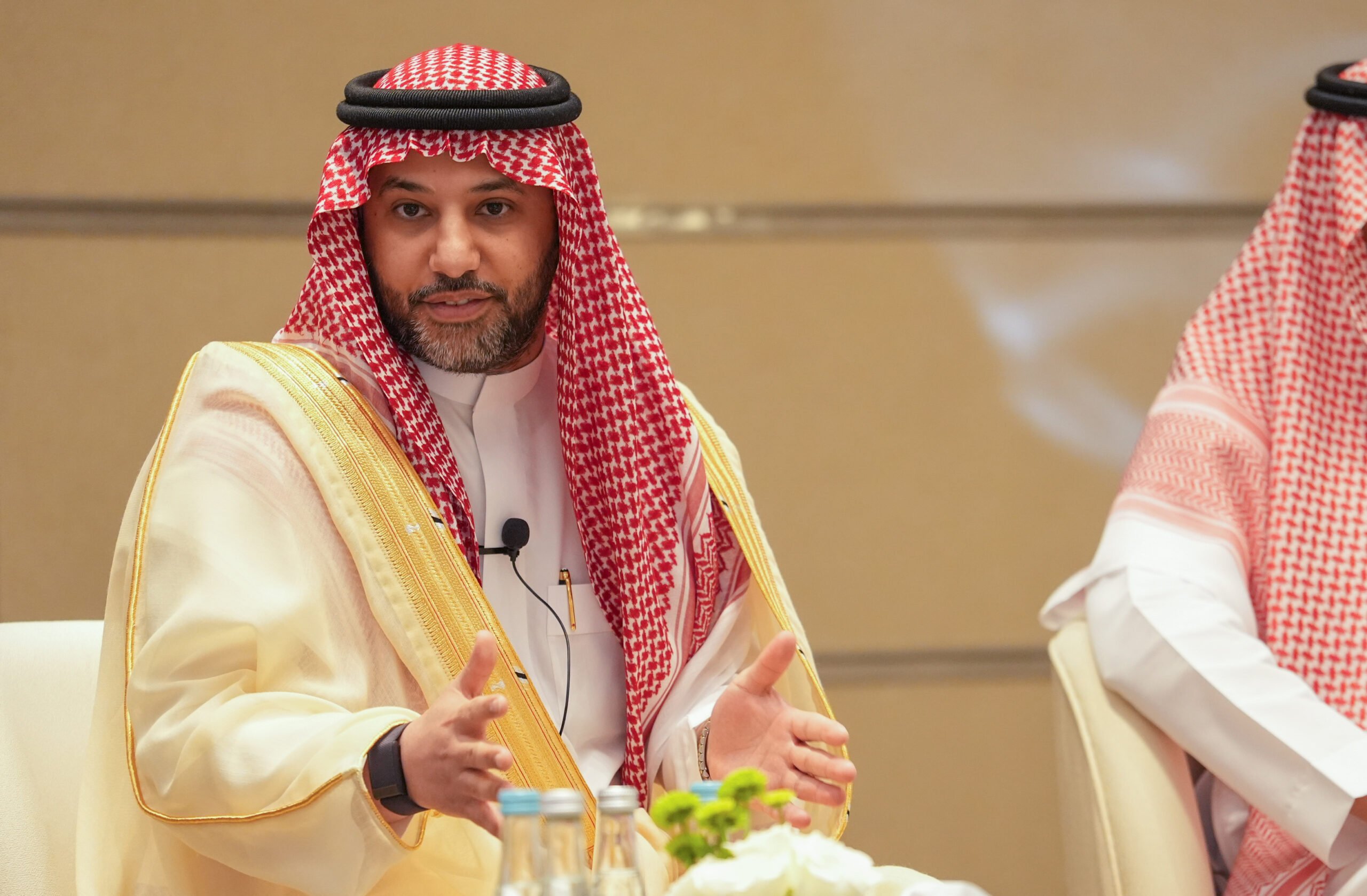Publisher: Maaal International Media Company
License: 465734
SAMA Governor: Stable exchange rate positively impacts economic development and encourages domestic investment
اقرأ المزيد
Ayman bin Mohammed Al-Sayyari, Governor of the Saudi Central Bank (SAMA), said that the central bank emphasizes the importance of stable exchange rate and its positive impact on economic development, which contributes to maintaining economic stability and encouraging domestic investment, indicating that the Kingdom’s scientific approach to updating the regulatory and supervisory framework and developing the financial safety net effectively contributes to the sustainability of the economy and maintaining monetary and financial stability.
This came during his participation in the joint meeting of finance ministers and central bank governors of the Gulf Cooperation Council countries with the International Monetary Fund, held today, Thursday, in Doha.
Al-Sayyari explained that the Kingdom has shown great interest in the free movement of capital, which supports economic diversification efforts and Saudi Vision 2030.
He added that central banks in countries with advanced economies have faced a major challenge during the past two years, as interest rates have witnessed a significant increase in emerging market economies.
He continued: “In light of the exceptional circumstances that emerging markets are going through, the GCC countries have largely maintained the flexibility of their economies, with significant support from the non-oil sector, which is enhanced by economic diversification efforts.”
For his part, Jassim Mohammed Al-Badawi, Secretary-General of the Cooperation Council for the Arab States of the Gulf, stressed in a speech during the meeting that the past period was full of achievements and fruitful work to enhance cooperation and joint integration between the GCC countries.
He said that the achievements were reflected on the Gulf citizen and resident, noting that despite the weak global economic growth, high interest rates and geopolitical risks, the World Bank expects the Gulf region’s economy to grow by 4.7 percent next year, outperforming major global economies.
He noted the World Bank’s reference to the non-oil sectors leading the economic growth in the GCC countries, saying: “In light of the economic challenges facing many countries, the GCC countries have become a destination for many international companies, due to the qualitative shift in them, which carries within it many promising business opportunities, especially with the region’s rapid economic growth, and its supportive business climate, including multiple government initiatives, ambitious plans, and tax policies that encourage entrepreneurs and investors.” During the meeting, the finance ministers of the GCC countries reviewed many topics related to the results of the meetings of the Committee of Governors of Central Banks in the GCC countries, the Customs Union Authority in the GCC countries, and the Gulf Common Market Committee, and what was reached by the member states in this regard, in addition to other related topics.









